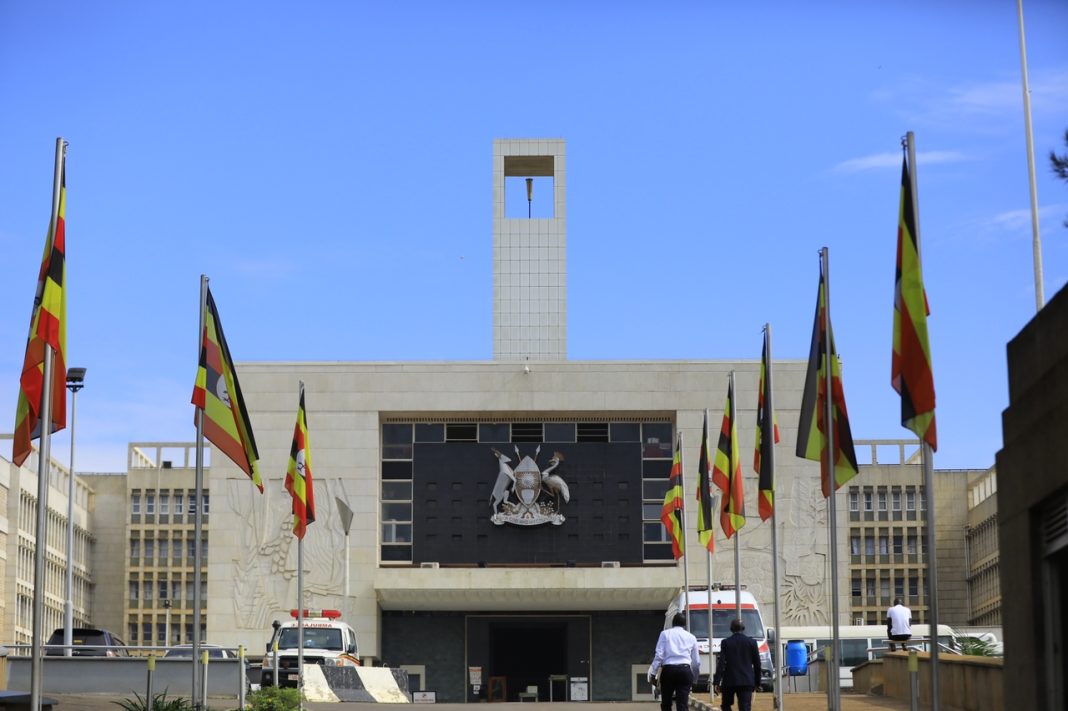he Uganda Human Rights Commission (UHRC) has come under fire from lawmakers on Parliament’s Legal and Parliamentary Affairs Committee for what they described as misplaced priorities and failure to fully execute its constitutional mandate.
During a heated session to review the UHRC’s 2025/26 Ministerial Policy Statement, Erute South MP Jonathan Odur questioned the Commission’s proposal to procure 40 presidential portraits. Odur sarcastically suggested that the move either implied a change in presidency come 2026 or dissatisfaction with the current official image.
“Is the current portrait not reflective enough of the President’s looks? Or are you predicting that we shall have a new President after the elections?” Odur asked, adding that such activities stray from the Commission’s core role of protecting and promoting human rights.
Odur further criticized the Commission for neglecting to visit detention centers in the Central Region despite it being the epicenter of alleged abductions, illegal arrests, and torture—while opting instead to inspect facilities in Gulu. “You ignored Buganda, where the worst violations have occurred, and chose Gulu. Are you running away from the real issues?” he posed.
In response, UHRC Chairperson Mariam Wangadya defended the Commission’s work, highlighting that they had inspected 303 detention facilities across the country in 2024/25, including 72 prisons and 230 police stations.
However, the Commission faced even more criticism from Bugiri Municipality MP Asuman Basalirwa, who decried the “ridiculous” compensation amounts awarded to victims of torture and other violations. According to Basalirwa, victims were receiving as little as Shs5–7 million far from commensurate with the pain they endured.
“You’re awarding Shs5 million to someone who has been tortured or denied the right to life? That’s not justice. It’s condoning abuse,” Basalirwa argued, demanding that awards be raised to between Shs100–200 million.
Wangadya acknowledged the financial and operational challenges facing the Commission, including delayed compensations and difficulties victims face in obtaining supporting documents like death certificates. She added that the Commission registered 1,606 complaints in 2024/25, of which only 95 met admissibility standards and just 16 were resolved.
The session highlighted growing parliamentary frustration with the Commission’s perceived detachment from its mandate and called for a stronger, more victim-centered approach to human rights enforcement in Uganda.























